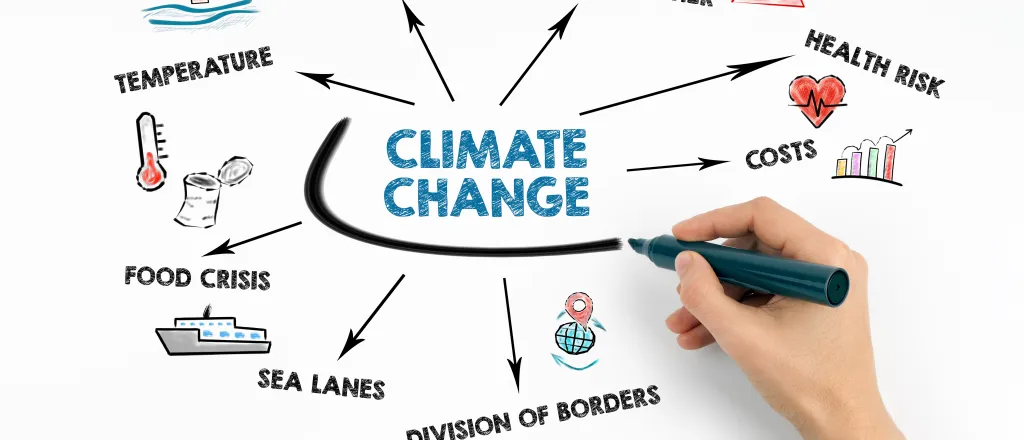
Colorado credit union helping decarbonize homes
(Colorado News Connection) July was the hottest month in recorded history, and a Colorado credit union is finding creative ways for low-income and other vulnerable residents to stay cool in summer and warm in winter.
They are also investing in projects to reduce or eliminate the need to burn fossil fuels, the primary driver of climate change.
Nicole Burford, director of marketing and sustainability for Clean Energy Credit Union, explained their mission.
"We solely loan for clean energy and energy saving projects," Burford emphasized. "Residential solar, geothermal, electric vehicles, e-bikes and then green home improvements."
Home energy use accounts for about 20 percent of climate pollution. More affluent households able to afford upfront costs for solar panels and other improvements can get Inflation Reduction Act tax credits.
Burford pointed out her team is creating partnerships with nonprofits and local governments to make it possible for people traditionally left out of large-scale federal investments, including people of color and low-income families, to switch to clean energy and lower their utility bills.
The world's leading climate scientists have warned climate pollution needs to be cut by 45 percent by 2030, and reach net-zero by 2050, to avoid catastrophic impacts of a warming planet.
Burford noted credit unions are in a unique position to get solutions into homes, but more investments at the federal level will be necessary to address the scale of the challenge.
"We're doing a lot of training with other credit unions, other organizations on how they can develop programs like this, how they can partner with different organizations as well," Burford stressed. "Because no one organization can do it alone."
Burford added her credit union has invested more than $200 million so far in clean energy and other green loans for member households across the country. The investment has offset more than 800,000 tons of carbon dioxide, roughly the same as taking 161,000 gas-powered vehicles off the road.
"We actually have a carbon offset calculator on our website as well," Burford stated. "If you are opening an account with us, you can put in the average amount of dollars that you'll have in your account and you can see how much you are helping to offset. So it kind of personalizes it to each individual."















